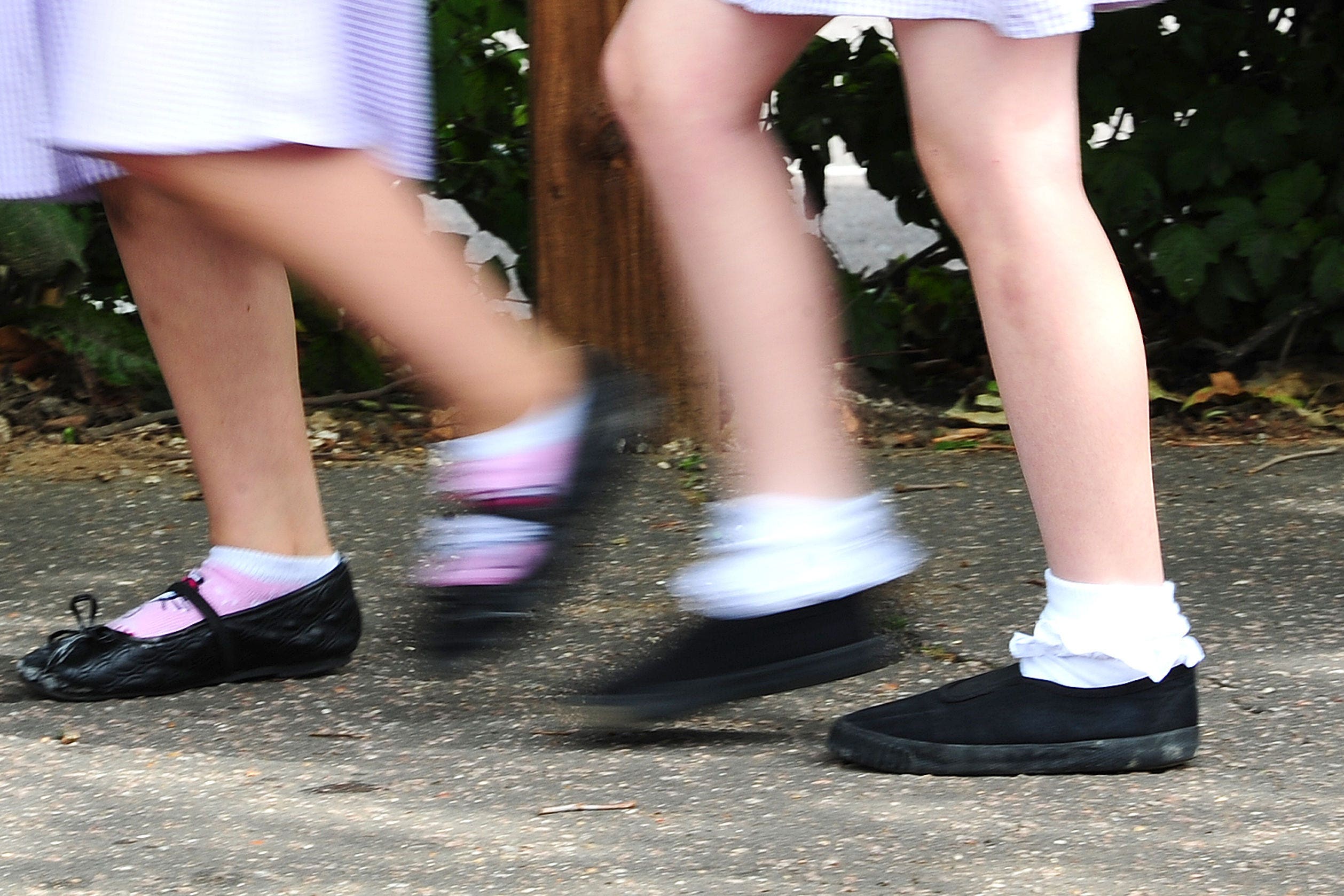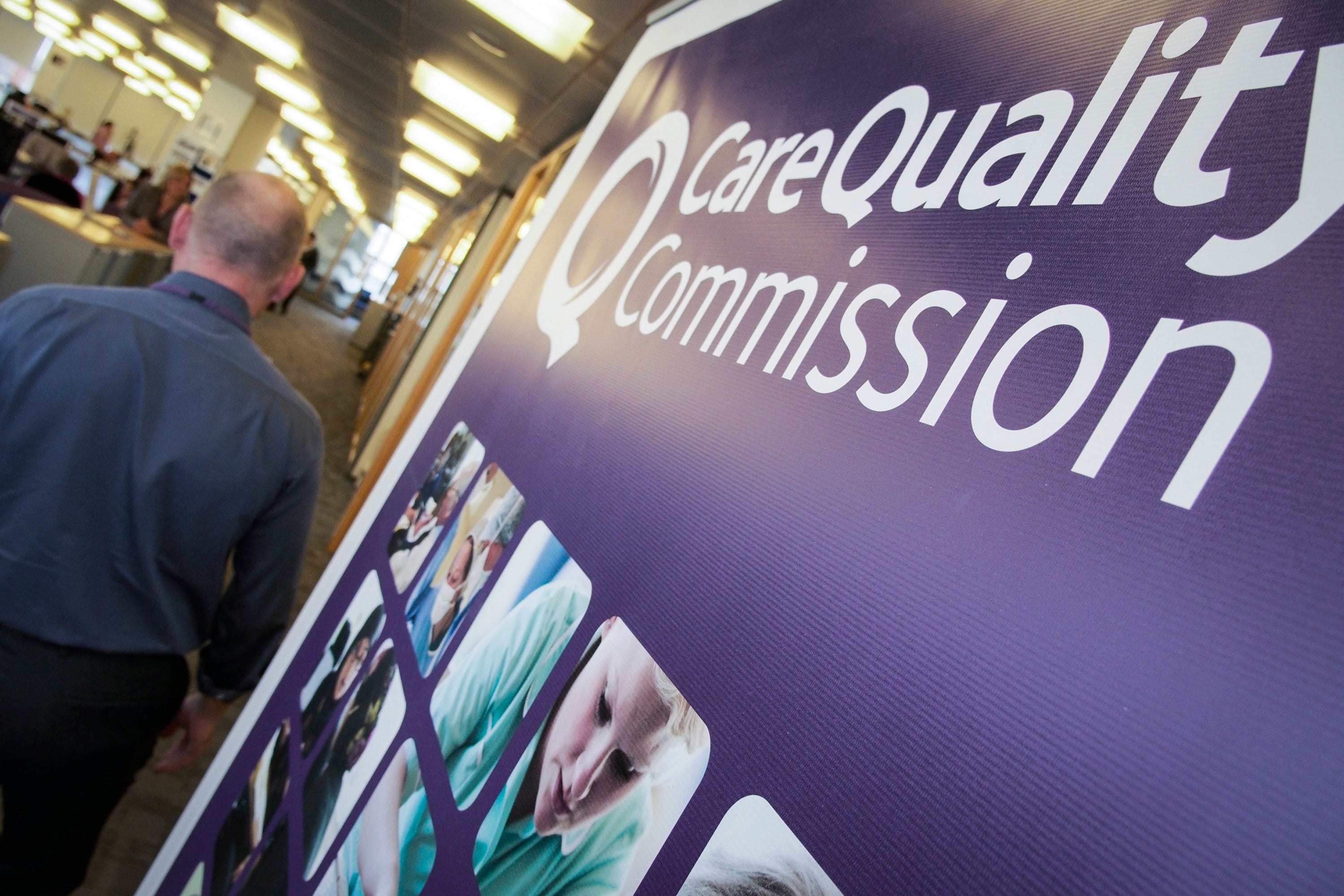Children’s’ futures at risk over worsening NHS delays, reveals national watchdog
Watchdog the Care Quality Commission warns NHS delays for young people ‘risks failing their future’

Your support helps us to tell the story
From reproductive rights to climate change to Big Tech, The Independent is on the ground when the story is developing. Whether it's investigating the financials of Elon Musk's pro-Trump PAC or producing our latest documentary, 'The A Word', which shines a light on the American women fighting for reproductive rights, we know how important it is to parse out the facts from the messaging.
At such a critical moment in US history, we need reporters on the ground. Your donation allows us to keep sending journalists to speak to both sides of the story.
The Independent is trusted by Americans across the entire political spectrum. And unlike many other quality news outlets, we choose not to lock Americans out of our reporting and analysis with paywalls. We believe quality journalism should be available to everyone, paid for by those who can afford it.
Your support makes all the difference.Children’s futures are at risk amid worsening delays in access to dental, mental health and physical healthcare, warns the nation’s health watchdog.
The barriers to accessing timely care are not only an immediate risk but can also lead to them becoming adults with long-term illnesses as a result, the Care Quality Commission (CQC) said in its annual report.
This year’s report comes just over a week after a damning review into the CQC insisted there is an “urgent need for a rapid turnaround” of the watchdog owing to “significant failings” in how it works.
The health inspectorate said its latest report on the quality of care in England that rates for people attending urgent and emergency care living in the most deprived areas of England were almost double those for people in the least deprived areas in the year to March, while for those attending for mental health reasons, the difference was more than three times higher.

The report, published on Friday, stated: “Many children and young people are not currently getting the support they need. We are highlighting this as a risk not just for today, but for the future.
“Children who do not receive the care they need today are at increased risk of becoming adults with long-term mental or physical illnesses, which could affect their quality of life and their ability to contribute to society tomorrow.”
Acknowledging the good care received by some, the regulator said: “Sadly, for every child who gets ‘lucky’ by receiving timely, appropriate support, we know that there are many more who don’t, potentially affecting their chances of a healthy adulthood.”
Last year The Independent revealed warnings the NHS was deprioritising waiting times for children as the backlog in care for those under 18 had hit almost 390,000.
On early years support for babies and parents, the regulator highlighted that the number of health visitors had dropped by 45 per cent over the last nine years.
Lengthy waits in mental healthcare are a source of “particular concern”, the CQC said, quoting an estimate from 2023 suggesting a fifth of people aged between eight and 25 had a mental health disorder.
Difficulties in recruiting to specialist roles including occupational therapists and consultant psychiatrists are having a knock-on effect on the health service to ensure appointments as needed, the CQC added.
Issues with access to NHS dentistry were also described as having a “clear impact on children and young people”. The watchdog asked 1,000 parents and carers of children about access to health and social care services, with 31 per cent saying they had difficulty accessing dental care for their child.
According to the report, there were instances of “some practices appearing to steer patients towards more expensive private care”.
It also described waiting times for people to start assessment for a possible autism diagnosis as “far too long”, at 356 days as of April this year for children and young people, compared with 238 days for adults.
Tom Madders, from YoungMinds, said: “What is devastating is that young people at the heart of this are being so severely let down by the systems that are there to support them. What this report shows is that this is not just taking a toll on individuals, but will continue to impact the whole of society.”
Siva Anandaciva, chief analyst and interim co-director of Policy at The King’s Fund, said: “Failing to treat and support children’s health conditions today is storing up health, economic and societal problems for tomorrow. Children’s early years can determine their health for the rest of their life and today’s report underlines why the government needs a real focus on improving children’s health services in its upcoming health and care reforms.”
Elsewhere in its almost 200-page report, the regulator said adult social care remains in a “precarious” state, the CQC said, equating the almost 4,000 people enduring daily delayed discharges from hospital to care homes or home care to “50 double-decker buses full”.
Unfulfilled requests for adult social care to local authorities rose by more than a quarter, 27 per cent over the past 5 years, the CQC said.
CQC chairman Ian Dilks said: “Action now – targeted funding for early intervention, better understanding of local need and improved management of demand, and genuine two-way communication with children and families – will help to ensure a healthier population tomorrow.
“The health and wellbeing of a nation’s children has been described as the best predictor of its future prosperity; failing to ensure good, safe care for our children today also risks failing their future.”
Join our commenting forum
Join thought-provoking conversations, follow other Independent readers and see their replies
Comments